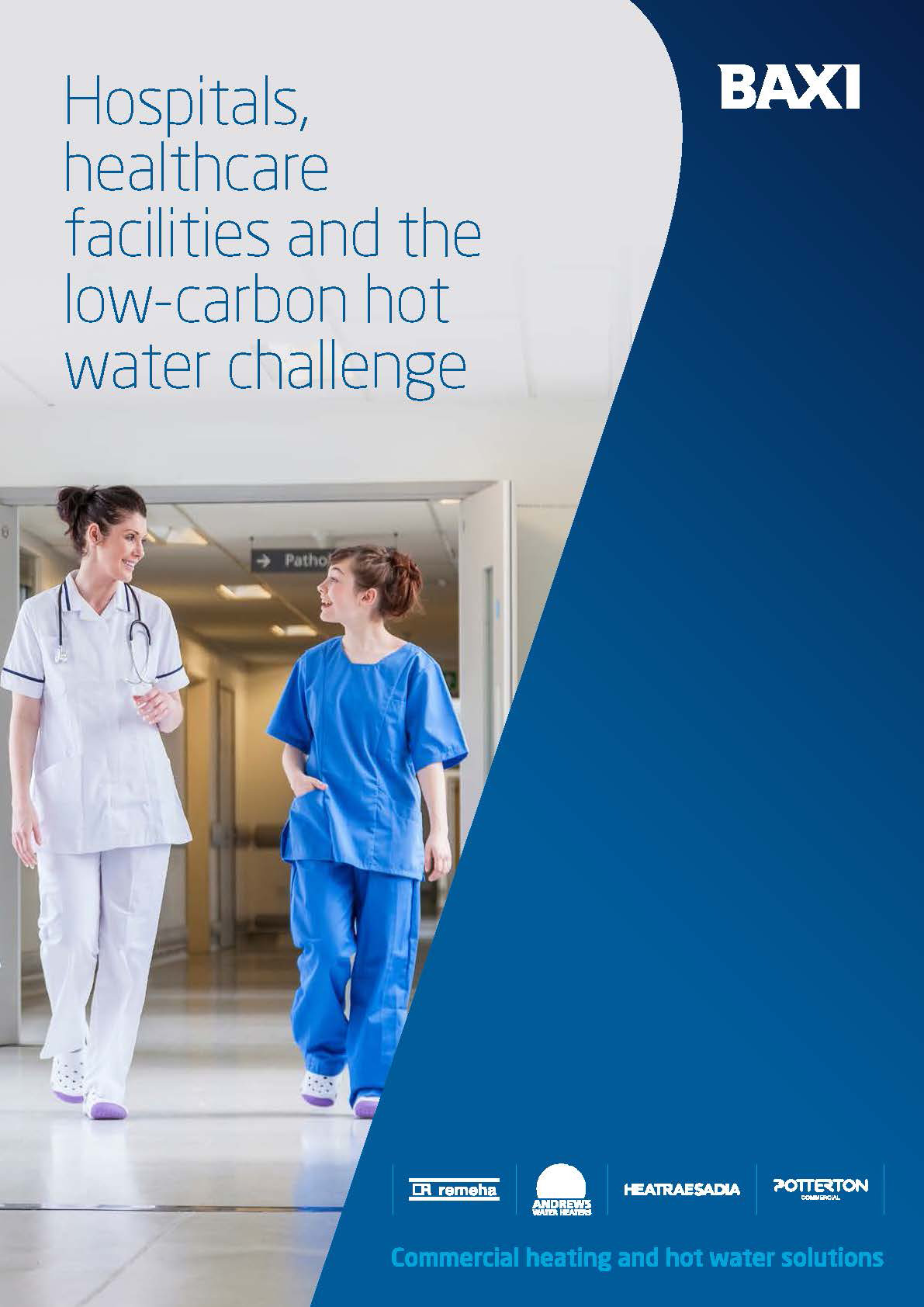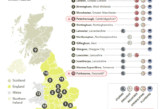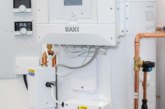
Leading heating and hot water solutions provider Baxi has launched a new guide outlining the available opportunities to reduce the carbon intensity of domestic hot water generation in hospitals and healthcare facilities.
Entitled Hospitals, healthcare facilities and the low carbon hot water challenge, the new report discusses:
- The specific considerations for domestic hot water provision in hygiene-critical environments
- The latest technologies and approaches available to achieve more efficient hot water generation in these buildings
- The design options for improved efficiency at various stages on the decarbonisation pathway
- Achievable solutions to help deliver NHS sustainability goals
As part of its commitment to tackling climate change, the NHS has set ambitious targets for reaching net zero from its directly controlled emissions by 2040, and the emissions it can influence by 2045[1]. In so doing, it aims to become the world’s first net zero national health service. Reducing carbon emissions from hot water generation, the focus of the new Baxi guide, is one of the areas identified for achieving this target.
 Rob Erwood, Commercial Sales and Specification Director at Baxi, said: “The sheer scale of the NHS estate, the enormous diversity of hot water distribution systems in hospital and healthcare facilities, and the critical need to prevent the risk of bacterial build-up, makes low carbon hot water a complex challenge. Our new guide aims to set out the achievable options to achieve more sustainable, energy-efficient and sanitary hot water generation at every stage of the decarbonisation process — from increased energy efficiency and hybrid solutions to the ultimate goal of an all-electric approach.”
Rob Erwood, Commercial Sales and Specification Director at Baxi, said: “The sheer scale of the NHS estate, the enormous diversity of hot water distribution systems in hospital and healthcare facilities, and the critical need to prevent the risk of bacterial build-up, makes low carbon hot water a complex challenge. Our new guide aims to set out the achievable options to achieve more sustainable, energy-efficient and sanitary hot water generation at every stage of the decarbonisation process — from increased energy efficiency and hybrid solutions to the ultimate goal of an all-electric approach.”
While the aim of the NHS is to transition to zero carbon technologies, factors such as capital expenditure, the need to prioritise continuity of service, and operating costs may influence the design strategy decision.
Baxi’s new guide assesses the benefits and considerations relating to a series of options, from design strategies for medium and high temperature air source heat pumps to hybrid approaches that combine electric heat pumps with gas-fired direct water heaters where an all-electric solution is not possible. Practical methods for reducing heat losses and energy demand and the potential gains from using electric direct water heaters are clearly outlined. The guide also features updates on the latest hot water techniques to minimise disruption, including flexible packaged plant solutions.
Rob continued: “We use our expertise in hot water systems and renewable/LZC technologies on a daily basis, working alongside Public Health and Mechanical Engineers to support their NHS customers through the energy transition. Having a wide product portfolio that includes Remeha heat pumps, Heatrae Sadia electric water heaters and Andrews Water Heaters gas-fired direct water heaters means that we can help engineer the solution around the problem rather the product.
“There is no silver bullet solution, but by bringing together our decades of experience in this guide, we can provide a useful, balanced resource to tackle the low-carbon hot water challenge.”
Hospitals, healthcare facilities and the low-carbon hot water challenge is available now for free download. Visit: https://www.baxi.co.uk/landing-pages/knowledge-centre/hospitals-healthcare-buildings-and-the-low-carbon-hot-water-challenge.
[1] Targets apply for England with different aims in place for the four nations









